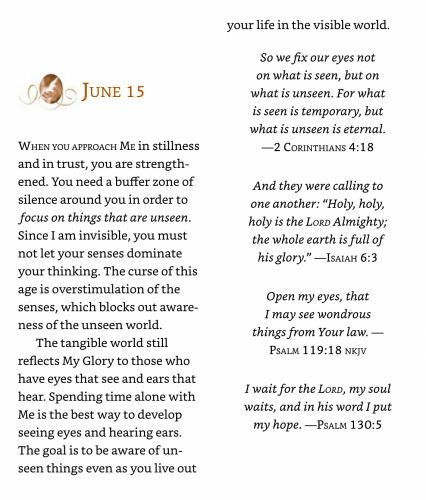Living with Shadow
All God appears to want from us is honesty and humility. There is no other way to read Jesus’ stories of the prodigal son (Luke 15:11–32) or the tax collector and the Pharisee (Luke 18:9–14). In each story, the one who did wrong ends up being right—simply because he is honest and humble about it. The one who is formally right ends up being terribly wrong because he is proud about his own performance. How have we been able to miss that important point? I suspect it is because the ego wants to think well of itself and deny any shadow material. Only the soul knows we grow best in the shadowlands.
Western civilization has failed to learn how to carry the shadow side. We did not teach our people how to carry the paschal mystery—with its suffering, death, and resurrection—within ourselves, and it is now coming back to haunt us. Christians have little ability to carry the shadow side of themselves, of the church, of history, or of reality itself. It is much easier to see things as all-good or all-bad, rather than both crucified and resurrected at the same time, as Christ is.
In many ways, it’s been a constant dilemma of the church. It seems to want to live in perfect light. It does not like the shadowland called Earth. We see in Christian history the Roman Church unable and unwilling to see its own huge shadow, Martin Luther’s abhorrence of his own shadow, the Swiss Reformers trying to outlaw darkness, the Puritans trying to repress shadow, typical believers afraid of their shadow, and fundamentalists preoccupied with Satan “out there.” All of us, it seems, are trying to avoid the mystery in human life, instead of learning how to carry it patiently, as Jesus did.
There are no perfect structures or perfect people. There is only the struggle to get there. It is Christ’s passion (patior in Latin, or the “suffering of reality”) that will save the world, when we are willing to join him in the pattern. “Your patient endurance will win you your lives,” writes Luke (21:19). Redemptive suffering instead of redemptive violence is the Jesus way. Patience comes from our attempts to hold together an always-mixed reality, not from expecting or demanding a perfect reality. That only makes us resentful and judgmental, which is what has characterized much of Christian history. Grateful people emerge in a world rightly defined, where even shadows are no surprise, but, in fact, opportunity for compassion and forgiveness.
The more attached we are to any persona whatsoever, bad or good, the more shadow self we will have. So we need conflicts, relationship difficulties, moral failures, defeats to our grandiosity, even seeming enemies, or we will have no way to ever spot or track our shadow self. They are our necessary mirrors, and even then, we usually catch it out of the corner of our eye—in a graced insight and those gifted moments of inner freedom. Or in the Rear View Mirror
